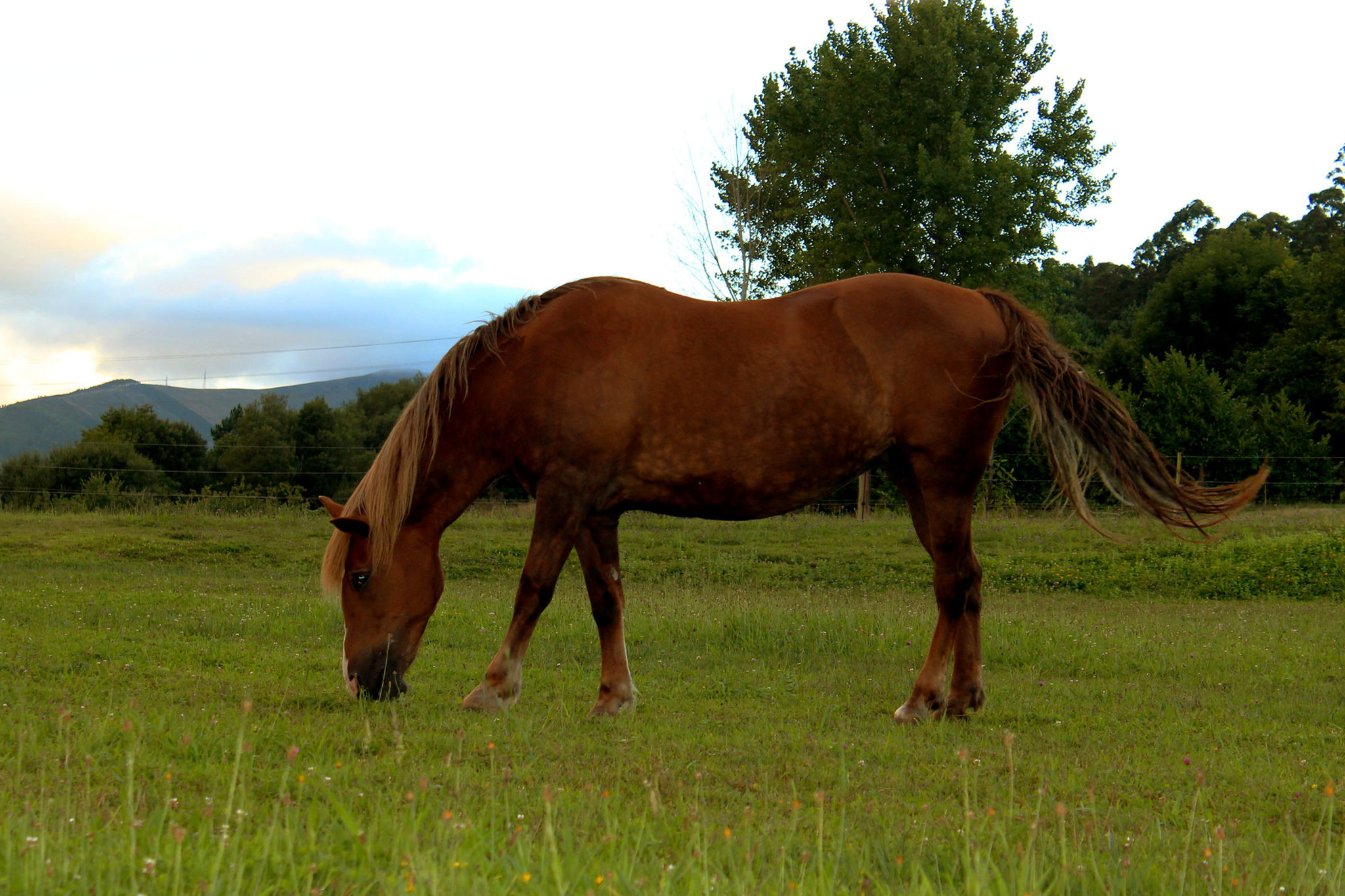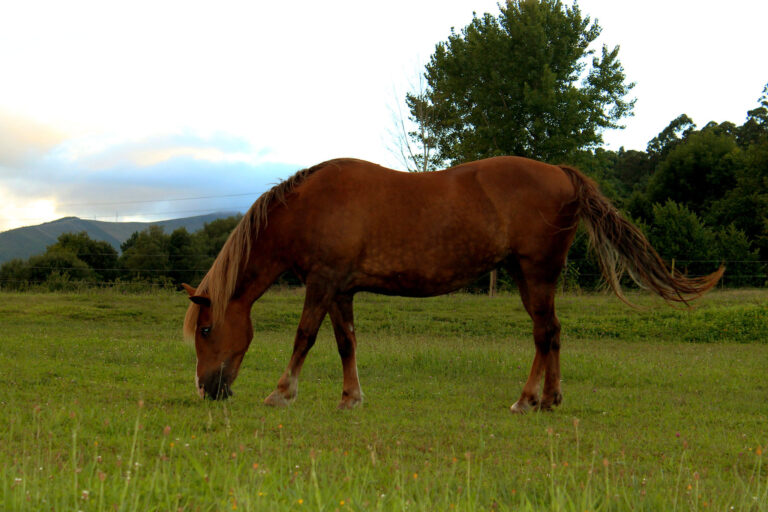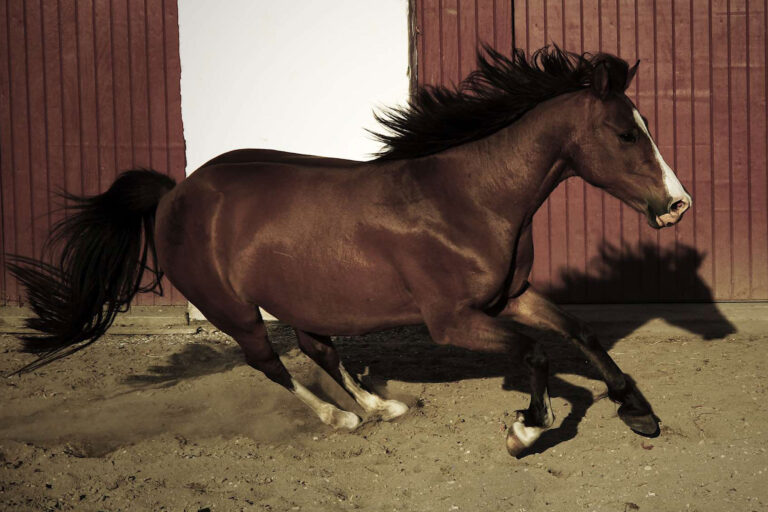In an era where sustainability is paramount, the equestrian community is increasingly embracing eco-friendly practices to reduce their environmental footprint. Caring for horses sustainably not only benefits the planet but also enhances the health and well-being of our equine companions. This guide explores the best practices for sustainable horse care, addressing common concerns and offering actionable solutions to create a greener stable.
Why Sustainable Horse Care Matters
Sustainable horse care focuses on practices that reduce waste, conserve resources, and promote a healthier environment for horses and humans alike. It involves everything from eco-friendly feeding and waste management to energy-efficient stable designs. By adopting sustainable methods, horse owners can play a crucial role in combating climate change and preserving natural resources.
Key Practices for Sustainable Horse Care
1. Eco-Friendly Feeding Practices
One of the cornerstones of sustainable horse care is mindful feeding practices. Choose locally sourced, organic feed to reduce the carbon footprint associated with transportation. Additionally, consider rotating pastures to maintain soil health and prevent overgrazing, which can lead to soil erosion and nutrient depletion.
Tip: Use slow feeders to minimize wastage and promote better digestion in horses, which can reduce the amount of feed required and lower costs.
2. Efficient Waste Management
Proper waste management is essential for maintaining a sustainable stable. Composting horse manure not only reduces waste but also creates valuable fertilizer for gardens and pastures. Ensure that composting facilities are well-managed to prevent odors and pests.
Example: A well-designed compost system can turn horse manure into rich compost in just a few months, providing a free and natural fertilizer for your fields.
3. Water Conservation Techniques
Water is a precious resource, and conserving it is a key aspect of sustainable horse care. Implement rainwater harvesting systems to collect and store rainwater for non-potable uses such as cleaning stables and irrigating pastures. Additionally, regularly check and repair any leaks in water troughs and piping to prevent unnecessary wastage.
Insight: Installing automatic waterers can help control the amount of water used, ensuring horses have access to clean water without excess waste.
4. Energy-Efficient Stable Design
Designing energy-efficient stables can significantly reduce your carbon footprint. Utilize natural lighting and ventilation to minimize the need for artificial lights and fans. Insulate stables properly to maintain a comfortable temperature year-round, reducing the need for heating and cooling systems.
Tip: Solar panels are a great investment for stables, providing a renewable energy source that can power lights, fans, and other electrical equipment.
5. Sustainable Pasture Management
Good pasture management not only supports horse health but also promotes biodiversity and soil conservation. Rotate grazing areas to prevent overgrazing, and plant a mix of grasses and legumes to improve soil structure and provide a balanced diet for horses.
Example: Implementing rotational grazing and reseeding pastures with a variety of plants can increase forage availability and improve soil health.
Addressing Common Concerns
Cost of Implementation
Many horse owners worry about the cost of implementing sustainable practices. While some initiatives, like installing solar panels or building compost systems, can require upfront investment, they often lead to long-term savings through reduced utility bills and lower feed costs.
Time and Effort
Sustainable practices can seem time-consuming, but many, like composting and water conservation, quickly become routine. The initial effort to set up these systems is outweighed by the benefits of a healthier environment and reduced maintenance in the long run.
Embracing sustainable horse care is a rewarding commitment that benefits not only the environment but also the health and well-being of your horses. By adopting eco-friendly feeding, waste management, water conservation, energy-efficient stable designs, and sustainable pasture management, you can create a greener, more sustainable stable. These practices not only ensure a healthier planet but also foster a thriving equine community. Take the first step towards sustainable horse care today and make a lasting difference for future generations.

Being a Senior Veterinarian with a focus in Surgical Oncology, Dr. Stephen Burton brings a wealth of knowledge and commitment to his job. His rise to prominence in veterinary medicine began in academia and continued to the forefront of clinical care innovation.
Subscribe my Newsletter for new blog posts. Stay updated from your inbox!










